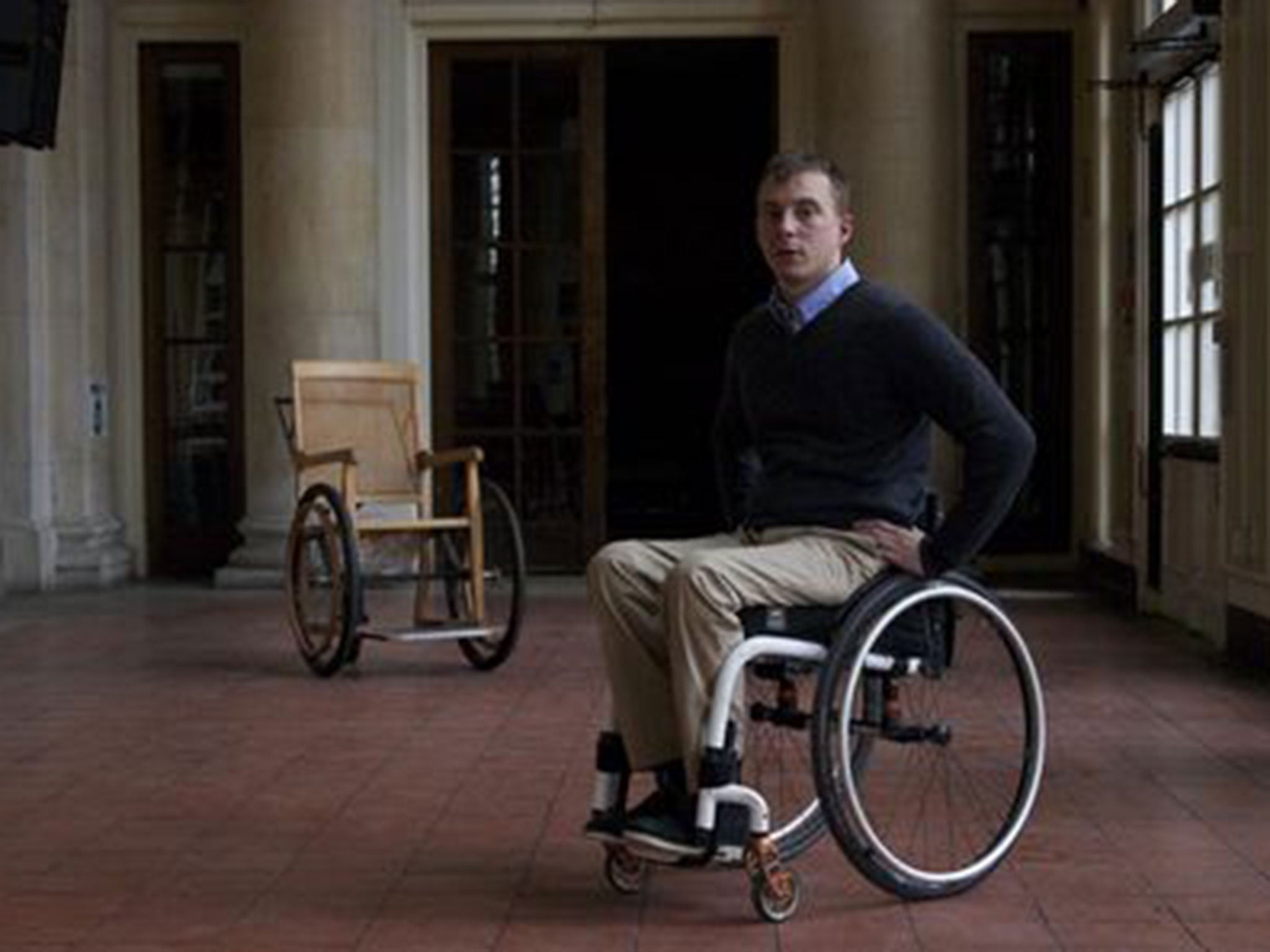WWI's Forgotten Soldiers: Secret History, Channel 4, review: Why today’s casualties of war are no longer the nation’s guilty secret
Perhaps the most important changes have been cultural, not medical

Your support helps us to tell the story
From reproductive rights to climate change to Big Tech, The Independent is on the ground when the story is developing. Whether it's investigating the financials of Elon Musk's pro-Trump PAC or producing our latest documentary, 'The A Word', which shines a light on the American women fighting for reproductive rights, we know how important it is to parse out the facts from the messaging.
At such a critical moment in US history, we need reporters on the ground. Your donation allows us to keep sending journalists to speak to both sides of the story.
The Independent is trusted by Americans across the entire political spectrum. And unlike many other quality news outlets, we choose not to lock Americans out of our reporting and analysis with paywalls. We believe quality journalism should be available to everyone, paid for by those who can afford it.
Your support makes all the difference.It’s rare that a historical documentary could be described as “timely”, but WWI’s Forgotten Soldiers: Secret History was just that. Former marine commando and wheelchair user Arthur Williams told stories of the disabled and disfigured soldiers who were excluded from the 1919 victory parade and effectively abandoned by the government they’d fought for. Sadly, recent revelations about the failure of the military covenant on veterans’ care suggest, in this respect, little has changed.
In other respects, thankfully, the change has been remarkable. Advances in surgery and prosthetics mean no one will ever again experience the horror endured by pilot Henry Ralph Lumley. When his face was severely burned in an air crash, Lumley became one of the first patients to receive a full facial skin graft performed by Harold Gillies, but later died, aged just 26, of a heart attack. “After 18 months of being a guinea pig for experimental surgery, it was almost as if he couldn’t take any more,” said Williams.
But perhaps the most important changes have been cultural, not medical. Women no longer faint in the street at the sight of an amputee and tin masks like the one worn by Richard Harrow in Boardwalk Empire are now considered a bizarre historical curiosity. It’s an ongoing positive change that Williams greatly contributes to by describing both his past struggles and his current optimism: “There’s nothing really that I can’t do today and that’s because we’ve redefined what disability means.”
Join our commenting forum
Join thought-provoking conversations, follow other Independent readers and see their replies
Comments